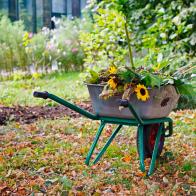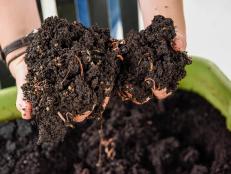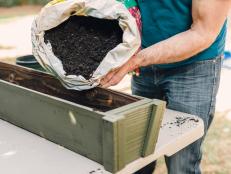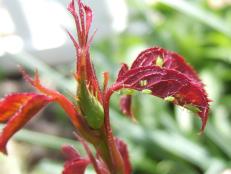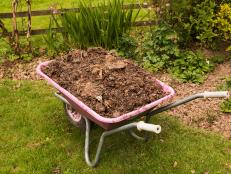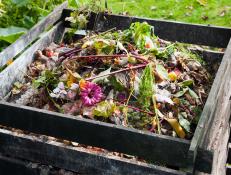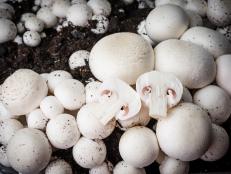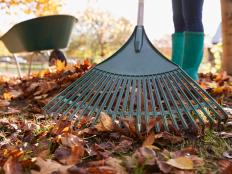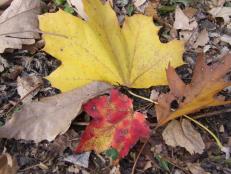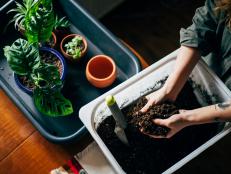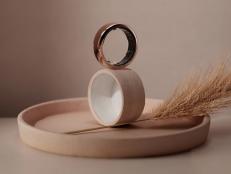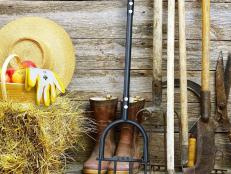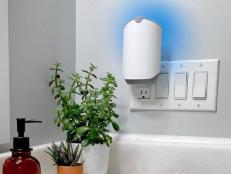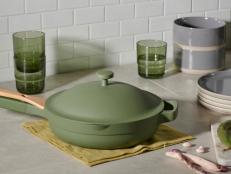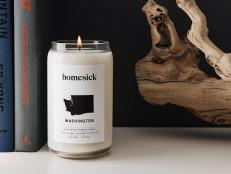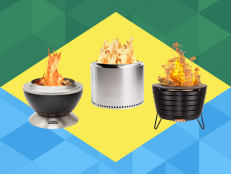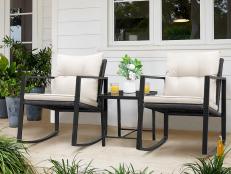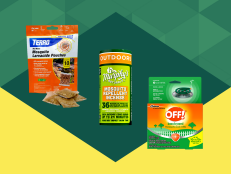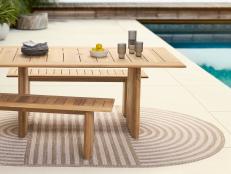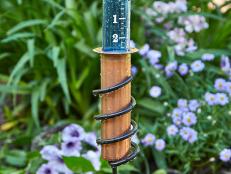Horticultural Oil
Is it safe to use horticultural oil in the middle of summer?
"Before I actually answer that question, it's important to distinguish between the relatively new horticultural oils and the older, more familiar dormant oils," says master gardener Paul James.
Written records show that as far back as the first century AD, gardeners used oil -- specifically mineral oils -- to control pests. In the early 20th century, gardeners began using dormant oil, so named because it is applied during the dormant season. Dormant oil is still used today, particularly to control scale on fruit and shade trees. But it's so thick, so viscous and so full of sulfur compounds that it burns plant leaves, so it can't be applied during the growing season.
However, highly refined, less viscous, nearly sulfur-free oil came along in the 1970s, and they can be applied during the growing season. These oils are variously referred to as superior oils, highly refined oils, horticultural oils or summer oils. These oils work like a champ on insects, mites and scales. They also control a number of different fungal diseases. Best of all, the oils can be applied to many plants in the middle of the summer, provided the plant to be sprayed isn't under water stress.
"So long as the plant is well hydrated, it should be safe to spray with highly refined oil, as long as temperatures are in the 80s," James says. Actually, there are nearly 100 plants that can be safely sprayed when temperatures are close to 100 degrees.
Of course, as with any garden chemical, you'll want to read the instructions carefully and follow them to the letter. But in addition to all the wonderful things that horticultural oils can do in terms of controlling pest and disease problems in the garden, they're also extremely safe to use.




